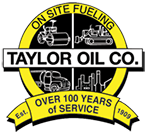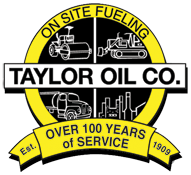Top 5 Ways to Prepare Your Fleet for Winter
Top 5 Ways to Prepare Your Fleet for Winter - We are in the thick of winter here in the Northeast and there’s no escaping the snow, cold, sleet and ice. Winter poses many challenges and dangers on our roadways, and when you own or manage a fleet of trucks, it’s your responsibility to keep them and everyone else around them safe. Frigid temperatures can be tough on any vehicle, particularly large fleet vehicles that are driven up to 12 hours a day. Routine maintenance will prevent emergency repairs and expensive downtime. Here are some ways to prepare your fleet for winter. 1. Add Winterized Fuel The top complaints among fleet drivers include low fuel economy and vehicles that won’t start up when temps get below zero. To combat this, use winterized fuel so your trucks can operate seamlessly in temps as low as -30 degrees Fahrenheit. You can also opt for an additive package to boost fuel economy and horsepower by 5%. This will ensure your fleet stays on the road for longer while cutting back on fuel costs. 2. Drain the Water Separator/Replace Filters When water is present in the fuel system, this can be very damaging [...]


